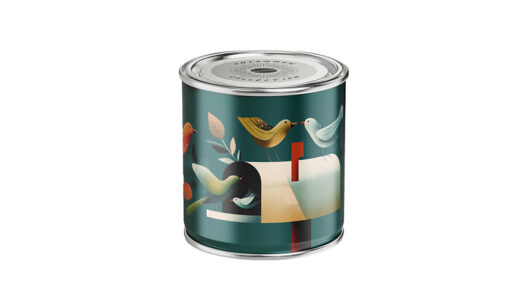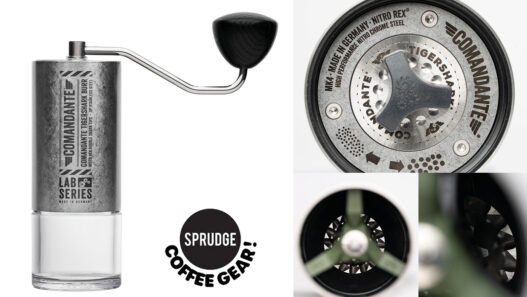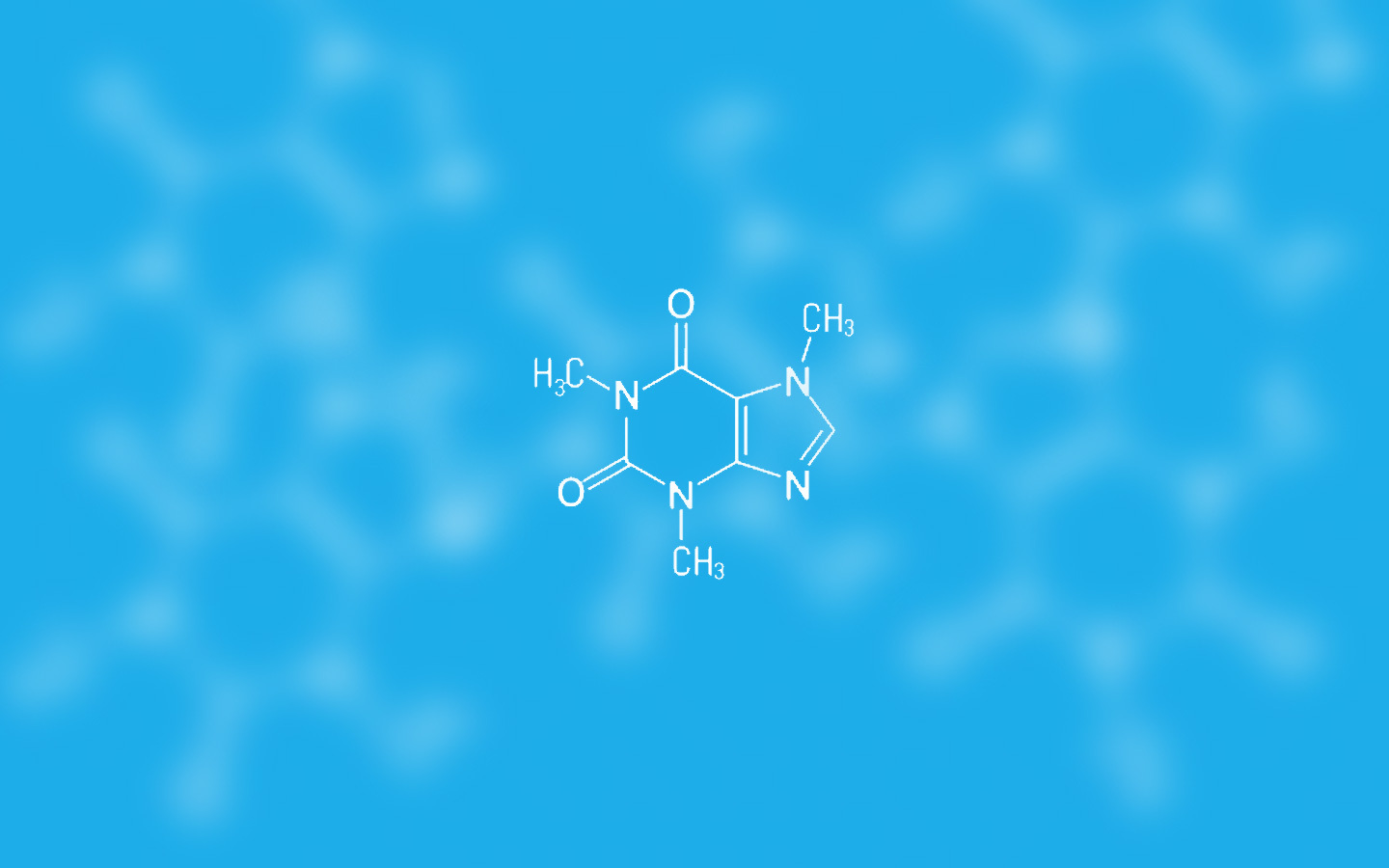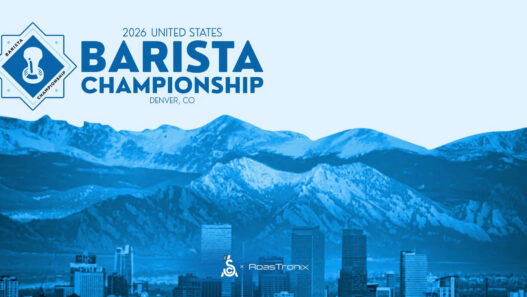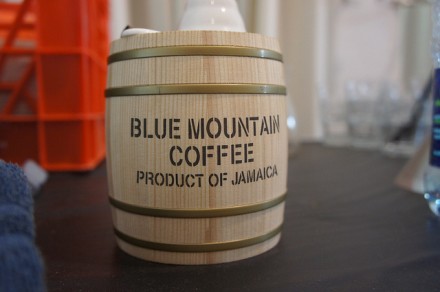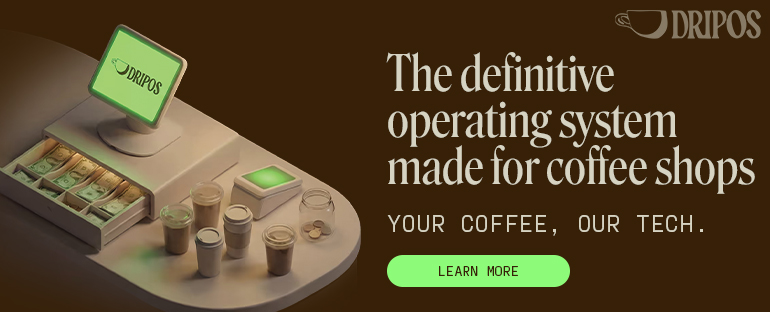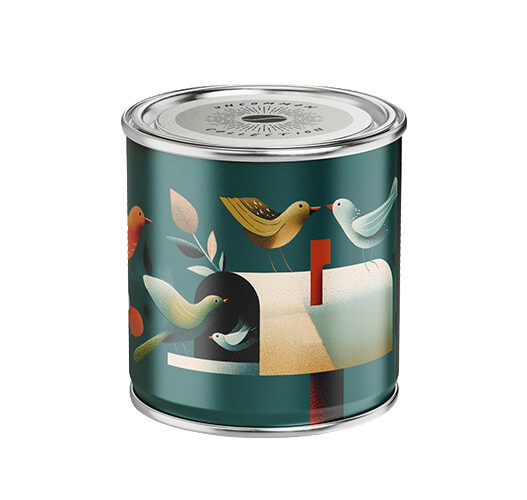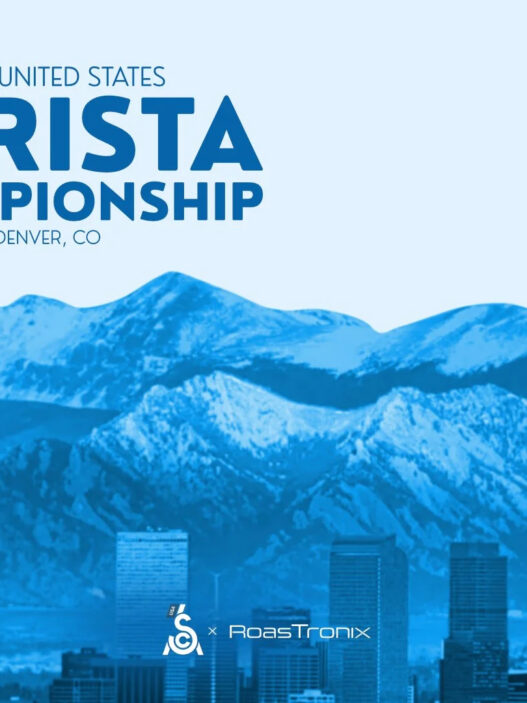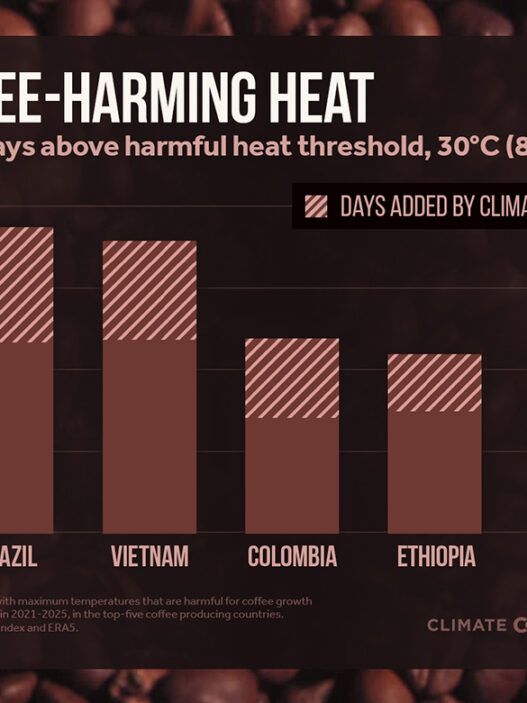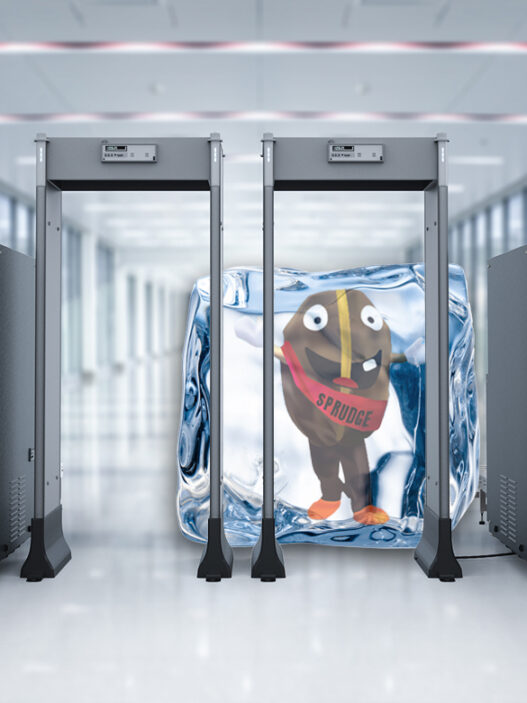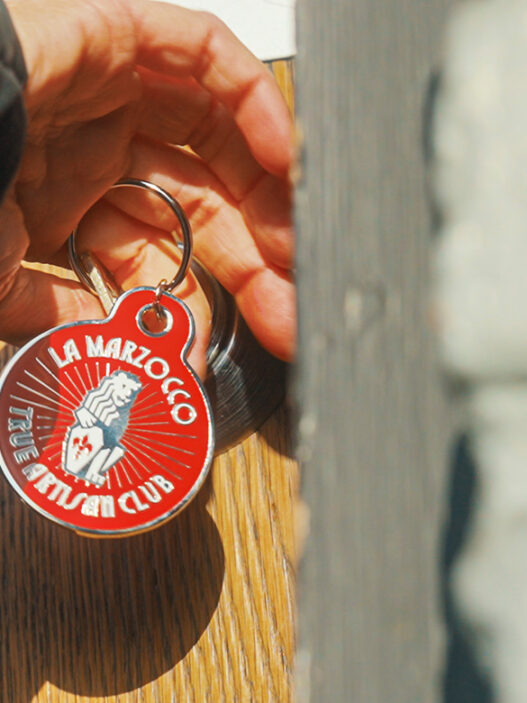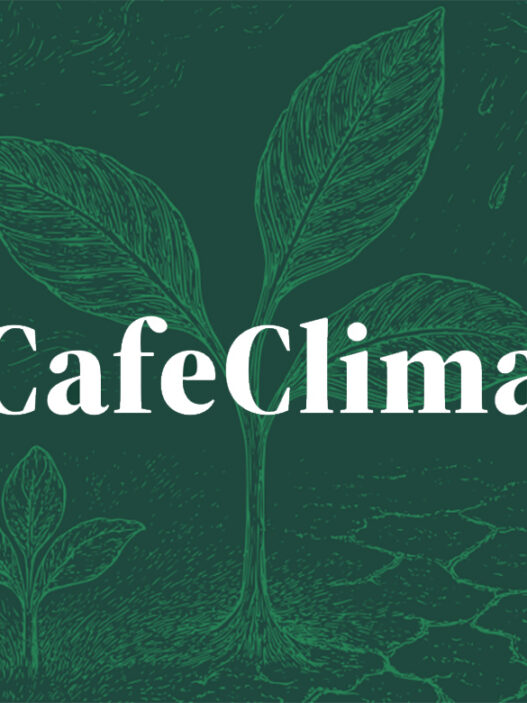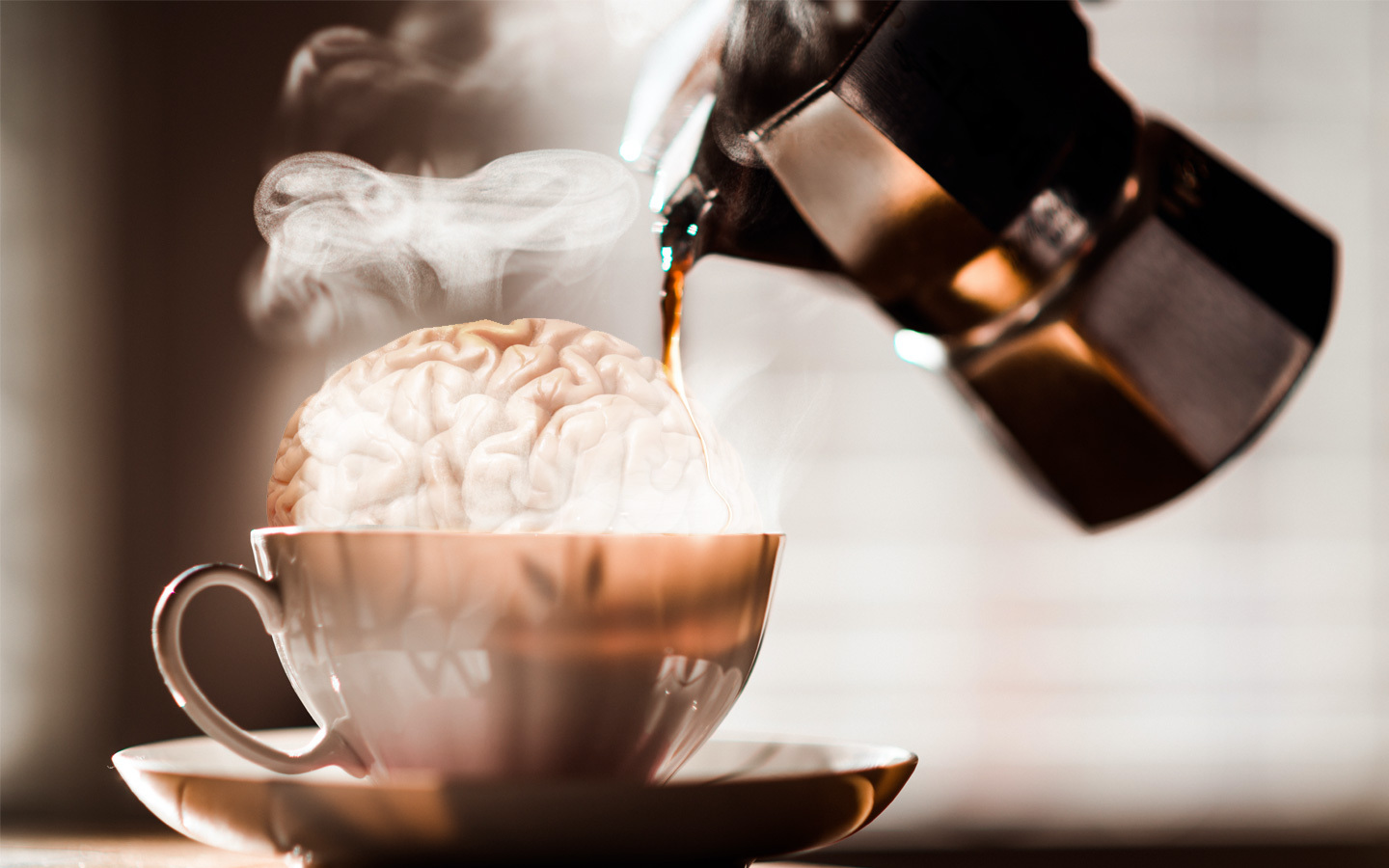There’s more bad news out of Jamaica, appearing via Associated Press waiver wire:
A few years ago in this mist-shrouded mountain town, steep slopes were quilted with some of the world’s most valuable coffee trees. Farmers scrambled to increase acreage and pickers painstakingly filled wooden boxes with ripened berries at harvest time.
Today, much of the terrain is overgrown with underbrush and bamboo as a declining luxury market in Japan and a voracious beetle drive thousands of frustrated small farmers away from tiny plots of leased highlands.
Times are hard for the growers of Jamaica’s legendary coffee, especially those on isolated, low-tech farms such as the ones in Brandon Hill, a one-road enclave with no traffic lights.
The article goes on to discuss how the shifting of Japanese tastes have all but crippled the island’s growing regions, as neglected farms become infested with borer beetles. Want to know more about Jamaican coffee, and specifically, why the specialty market in America has all but left it behind? We refer to the experts at Sweet Maria’s:
We have not sold Jamaican coffee in over four years now – the samples are just DOA – simply no fragrance, no aroma, nor origin flavors, just roast taste. There’s nothing there to encourage me to offer it, at any price. Jamaica is a mild coffee and is not going to konk you over the head even at it’s best…
…It is an excellent mild, lush coffee… sometimes. But it is can also be downright bad. In these cases, it’s nothing short of a crime to pay those prices for coffee. On top of that, a lot of coffee sold as Jamaican is not true Jamacia Blue Mountain, or is blended. If you pay $12 per lb for Jamaican coffee, it cannot be true Blue Mtn. but either the lower grown Jamaica High Mountain, or most likely a blend that contains a small percentage of JBM.




